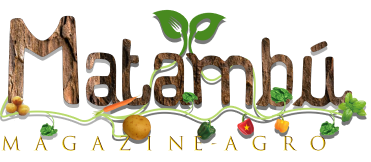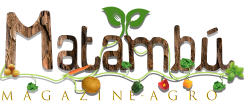[ad_1]
Ikenna Nzewi (center), CEO of Releaf, listening to a different panellist on the current Africa CEO Forum, held in Abidjan, Côte d’Ivoire.
In Nigeria, the demand for palm kernel oil – extracted from the fruit of the oil palm tree – is estimated to be double than what native producers can presently provide. Palm oil is used for cooking and it’s also an essential ingredient in a wide range of meals and cosmetics merchandise.
Releaf is a Nigerian firm, based in 2017, which recognized a enterprise opportunity in this supply-demand mismatch. It has developed tools and software program to make the oil palm worth chain extra environment friendly and worthwhile.
One of the the explanation why palm oil provide doesn’t meet demand is as a result of small-scale farmers – who’re liable for 80% of complete manufacturing – use processing methods which can be outdated, gradual and inefficient, resulting in poor high quality uncooked materials for factories additional down the worth chain. To extract oil from the kernel, the nut must be cracked and de-shelled. Smallholder manufacturing charges are low as a result of many nonetheless depend on ineffective processes for de-shelling palm nuts, comparable to rocks and inappropriate {hardware}. These unproductive processes result in low-quality palm kernels which can be largely unfit as inputs for high-quality vegetable oil manufacturing.

Releaf has developed expertise to course of oil palm nuts.
“On the supply side of the market we saw the smallholder farmers were engaged in very rudimentary processes that damage the quality of the vegetable oil,” Ikenna Nzewi, CEO and co-founder of Releaf, defined throughout a panel dialogue on the current Africa CEO Forum that occurred in Abidjan, Côte d’Ivoire. “Vegetable oil is highly demanded in Nigeria. The FMCG [companies] send their trucks to pick up vegetable oil from you and they pay you before they leave … so you are really constrained by the supply side of the market.”
To handle this problem, Releaf has developed a machine that may course of any high quality of palm nut into high-quality inputs for meals factories. According to the corporate, its machine prices lower than half of an imported de-sheller and is considerably extra correct at 95%, guaranteeing little wastage. It operates 25 occasions quicker than native cracking tools and 240 occasions quicker than de-shelling by hand.
Nzewi stated a key success issue is to make sure palm oil processing factories are positioned in the proper areas: in a productive oil palm rising area, the place there’s an ample street community and suppliers of spare elements. To establish these places, Releaf has developed geospatial expertise.
He added it’s vital that uncooked supplies are processed as near the farmers as potential. “It does not make sense to move raw, heavy perishable crops hundreds of kilometres to factories.” Smallholder farmers may get larger costs for his or her crops if the logistics prices are diminished.
In 2021, Releaf raised $2.7 million in seed funding from buyers, together with Samurai Incubate Africa, Future Africa and Consonance Investment Managers.
Related articles
[ad_2]
Source link








